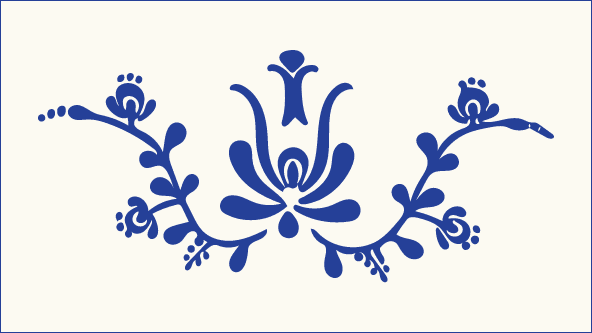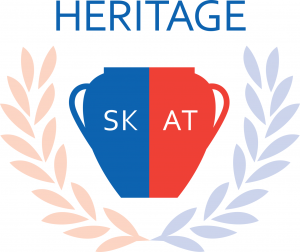
On November 30 and December 1, the Bratislava self-governing region organized a two-day seminar aimed at introducing Slovak and Austrian partners.
The aim of the seminar was to provide space for cultural and museum workers to explore, exchange know-how and promote the exchange of knowledge and experience in a cross-border region. The meeting was opened by Barbora Lukáčová, Director of Strategy, Territorial Development and Project Management, and presented the territorial-administrative system of the Slovak Republic and the higher territorial units. The competence and infrastructure of Bratislava self-governing region in the field of culture was presented by the head of the cultural infrastructure department Rastislav Šenkirik. The director of the Tourism and Culture Department presented the Bratislava self-governing region culture strategy, priorities aimed at supporting the activities of the creative industry and preserving and developing traditions. The concept of the project of digitization – documentation of cultural heritage and traditions in the planned digitization workplace in Modra was presented by Agáta Petrakovičová from Slovak National Museum – Museum of Slovak Ceramic Sculpture in Modra. After the introductory presentations, the participants of the seminar moved to the Center of Traditional Folk Culture in Rusovce, where they became acquainted with how the digitization workplace was built and how it works. At the end of the first day of the seminar, the participants had a tour of the Little Carpathian Museum in Pezinok. The seminar continued on the second day with a tour of the Ignác Bizmayer Museum and with a visit to the modranska ceramic workshop. At the Little Carpathian Cultural Centre in Modra, participants saw the premises of the manor house and garden. The director of the Little Carpathian Cultural Centre in Modra presented the organization’s activities and the planned reconstruction of the manor house and the adjacent garden. The seminar was organized for the needs of the HERITAGE SK-AT project “Cultural and Creative Revival of Traditions”, which is co-financed by the European Development Fund under the Interreg V-A Slovak Republic – Austria Cooperation Program.




